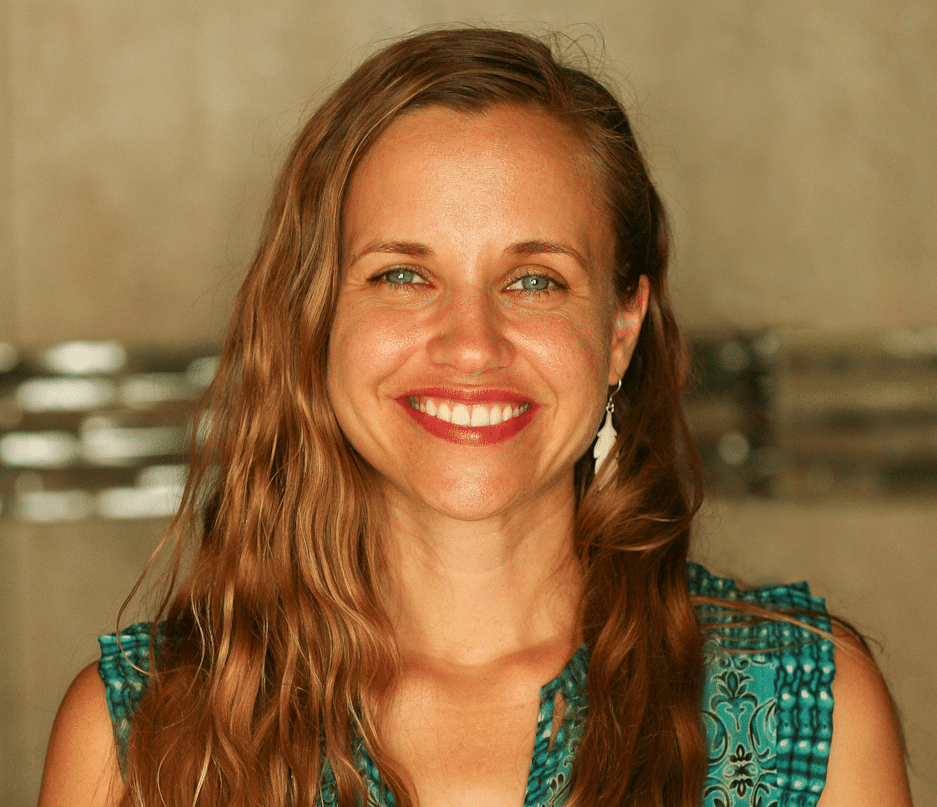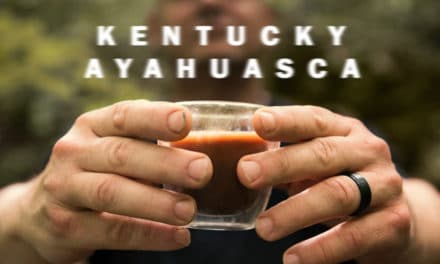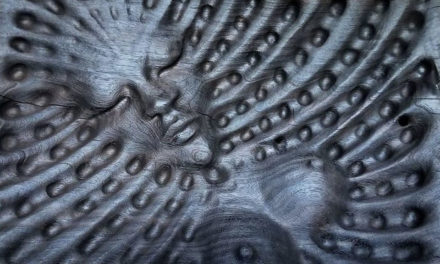Deanne Adamson is an addiction recovery coach and founder of Being True to You, a recovery coaching business that specializes in assisting people before, during, and after ibogaine treatment. Being True to You is on the front lines of filling a vital gap in psychedelic treatment, offering a robust support program that can help people integrate their psychedelic treatment experiences and not fall back into old patterns of behavior. This is the first of a two-part interview that covers her work and the importance of recovery coaching.
Thanks for talking with us today, Deanne. Can you tell us a little bit about your background and what brought you to recovery coaching?
I can definitely say that I did not grow up saying I wanted to be an addiction recovery coach. It’s something that transpired through a series of steps. I have a master’s degree in mental health counseling — when I entered the counseling field, I was very passionate about helping people, but I didn’t feel like under that approach I could actually help anyone. I felt like the medical model was very limiting. So I ended up leaving and starting a personal coaching business, and around that time, I took an oath to my own sobriety as I was supporting some family members who were dealing with addiction. Shortly after that, I met an ibogaine treatment provider out of Mexico who told be about ibogaine and what they were doing with the medicine. He mentioned that it was very powerful but there was no support on the front or back end, and he asked if I wanted to start working with patients over the phone. And so I did.
After that, it took off. A lot of families were signing up for our services and returning to their homes and continuing their recovery process with me over the phone. Because it grew so fast, I had to start hiring counselors and coaches. At this point I have trained close to 50 coaches, I have 24 active coaches that are working with me right now around the country, and we provide addiction recovery coaching. I believe I was led into this line of work because I always knew I wanted to do important work. When I found addiction recovery, it was no surprise — there are millions of people suffering in a situation where there is not an adequate solution.
What services do you offer as a recovery coach? Do you solely work with clients that are suffering from addiction, or do you work with people in other spheres as well?
We predominantly work with people before and after ibogaine treatment. Most are young adults dealing with heroin addiction who want to use ibogaine as their gateway into recovery. We also work with other types of hard drug addictions and with people struggling with depression or PTSD, feeling stuck in life, hopeless and without a purpose. Sometimes we support psychospiritual work, assisting people who have big goals or big problems that they are trying to find solutions for.
In terms of services, we provide one-on-one recovery coaching, family coaching, and preparation and integration before and after Ibogaine treatment. We are now incorporating online classes and group coaching that allow us to work with many individuals and families at one time. And we have a variety of specialty services including: recovery training & prep, clarity sessions, hypnotherapy, neurolinguistic programming, emotions freedom technique, and others.
How has doing this kind of work influenced your perspective on addiction and recovery?
To me, the transformation that comes through recovery is so big, so vast, so powerful — this is the kind of energy that can change the planet. How can we see addiction as a negative thing that you’re stuck with forever? This is the old way of thinking. In the new era of addiction recovery, we see addiction as a pathway to experience the shadow side. Through the journey to the shadow side, we allow ourselves to forget what is good and the essence of who we are, but all [for the ultimate purpose] of remembrance, to come back to the love and light that we are. We can’t really know the love and light without experiencing the opposite. [If we didn’t have the culture of shame surrounding addiction and addicts], we could get more benefit in the way we deal with addiction as individuals, families, communities, and as a whole society.
What are your plans for the future, and how can someone interested in your services contact you?
I see us doing more skills training, and getting involved in preparing people for changes in the economy — training people to be leaders in the new world. It’s not just about addiction recovery but plugging back into the world. In the addiction recovery industry, it’s all about staying sober. Most people are missing the point of transformation. For us, it’s about providing meaning, purpose, and even skills training for people to be a part of something that matters, removing the blinders and getting down to work. If you think about the energy that goes into being an addict, it’s a lot of energy. It takes 24 hours a day, a ton of energy, a ton of money, and mentally you always have to be on point. How you’re going to chase your drugs, how you’re going to prepare the drugs, how you’re going to hide it. It’s a full-time job. And to replace that, you need another full-time job. We want to provide them a purpose in the material world.
We are also working on an addiction recovery online/offline program that will be gamified to provide a personal management system to each person going through a program. So not only will they have their recovery coach and access to all our resources, but they will have it organized in a system on their smartphone. That’s coming in the not-too-distant future.
If you’re interested in addiction recovery services from Being True to You, you can learn more on their website, call at 650-690-2088, or email at [email protected]. Stay tuned for the second half of this interview with Deanne Adamson later this week.










